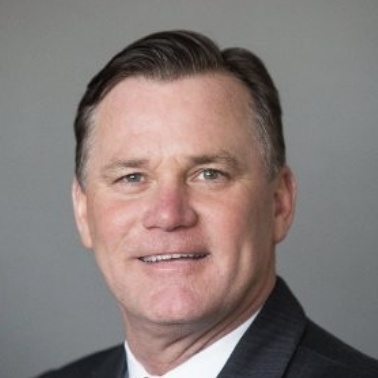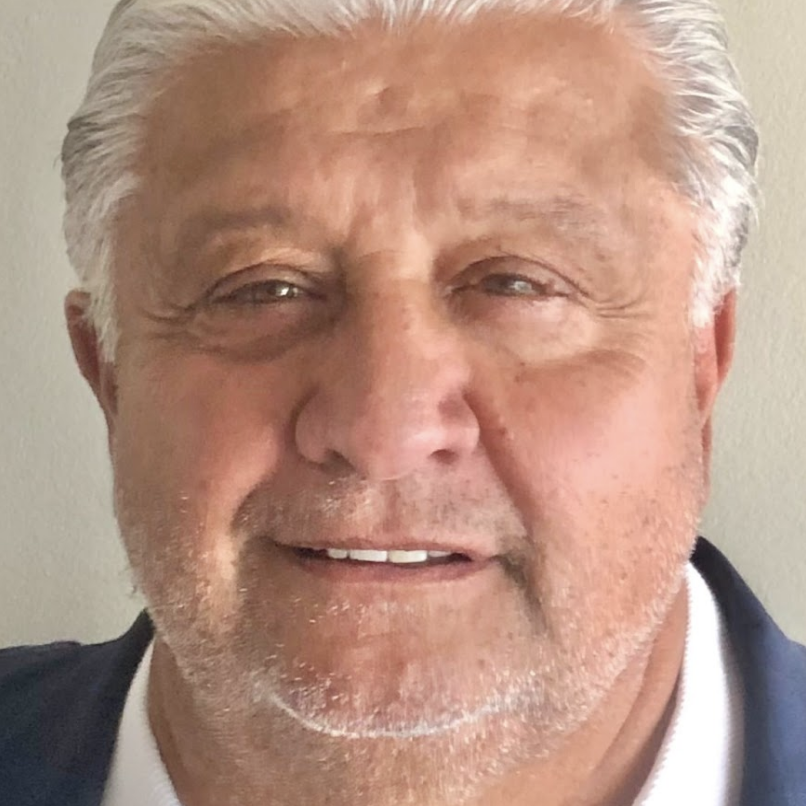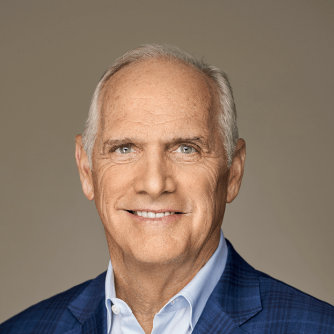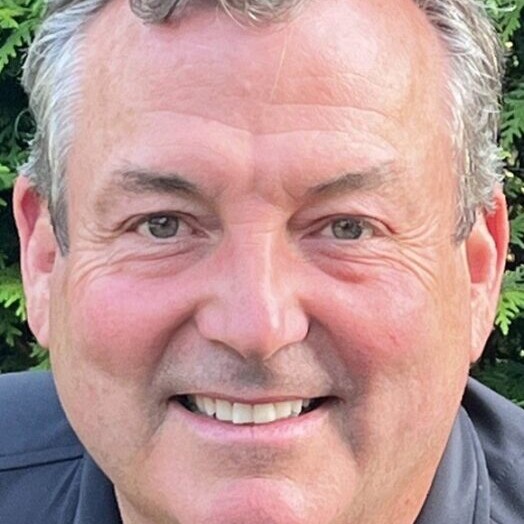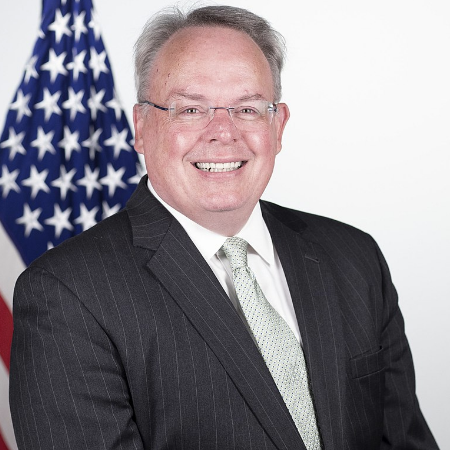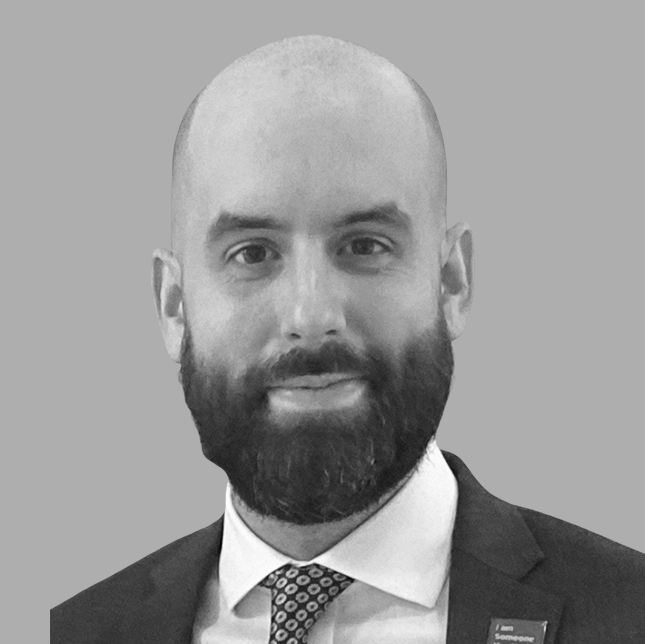Work-Recovery Balance ©
Most are familiar with the term ‘work-life balance’ when describing the relationship between work and personal life. For workers in or seeking recovery, adding recovery efforts to the equation creates a new wrinkle to the balancing act.
At Manifesto Health, we know first-hand that recovery and work can intersect to create a positive force of motivation and sustainability. Engaging in meaningful work can ignite that unique and deeply personal part of yourself that feels like you’re contributing, being creative, and growing. Reigniting your professional sense of self can be a huge gain to the recovery side of the balance scale. At the same time, we recognize that the extremes—such as the pesky “all or nothing” thinking—are something we need to keep in check.
Striking a balance between finding purpose and meaning in your work—and leaving room for the other important spheres of your life—can be an instrumental force in sustained recovery. Engaging in fulfilling work while maintaining the persistent self-work required for recovery is what we coin, Work-Recovery Balance ©.
Work-Recovery Balance refers to the equilibrium between the sense of purpose and satisfaction derived from one’s professional pursuits, the demands and responsibilities of work, the allocation of time and energy towards personal recovery efforts, and the nurturing of all other spheres of a values-based life.
For example, working all day and night with no room for the other components of recovery (e.g., connection, health, leisure, recovery support) is not a good recipe for longevity. Likewise, attending 5 mutual aid groups per day with no room for feeling productive through meaningful work is also not a very sustainable routine (although that may be what we need in the beginning). We can’t be all work, with no recovery—the same as we can’t be all recovery, with no work. Finding the synergy in the time and effort we spend in our work—and the time and effort we spend in our recovery and other personal domains—is what Work-Recovery Balance is all about.
The truth is—work and recovery are not mutually exclusive of one another. As we discussed, there are many recovery benefits to be found in your work. Experiences like feeling creative and productive—as well as connection to your coworkers, customers, or clients—are all recovery-sustaining elements of meaningful work.
The socialization and community that’s available in the workplace is often an advantageous stepping stone for people in early recovery transitioning to contributing roles in society. Yet, balancing the lifestyle and behavior changes of substance use management amidst the demands at work is no easy task. It’s one that requires fine-tuned self-awareness and intentional practice.
If you follow Manifesto Health, then you know our stance on meaningful work as a major driver of long-term success in recovery. Of course, not everyone will find all of their life’s purpose in their employment. In fact, purpose and fulfillment will never be solely achieved in one’s occupation. There will likely be parts of our jobs, or even days or weeks of our jobs, that we don’t necessarily love or jump out of bed for. “They call it work for a reason!” as the saying goes—and a lot of the time, work feels like work. The key is choosing and creating a career path that amidst the hard work and sacrifice, can also make you feel productive, skilled, connected to others, purposeful, and contributing to something bigger than yourself.
Manifesto’s curriculum pertaining to Work-Recovery Balance offers practical guidelines on navigating the uncharted waters of balancing work-related efforts amidst recovery-related ones.
We provide guidance and support for (a) the employee navigating a successful recovery journey while continuing to contribute meaningfully at work—as well as (b) the employer in creating a Recovery-Ready workplace to effectively support its employees in or seeking recovery.
Contact us today to learn more about how Manifesto Health can help your employees become more productive, healthy, and balanced in their substance use management.




